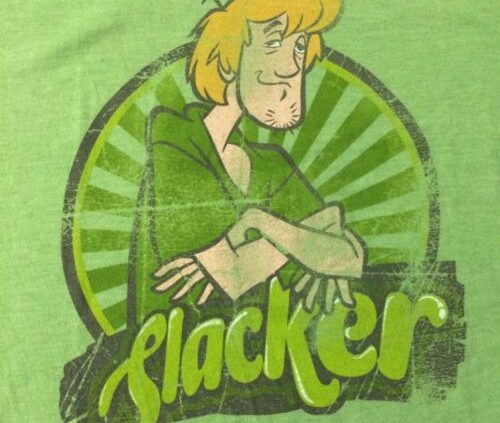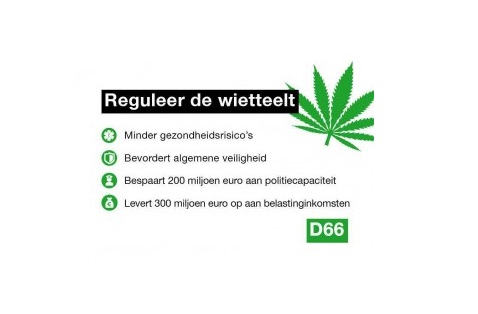Amsterdam’s New West District and the City Council have given the green light for the opening of a new coffeeshop near Sloterdijk Station.
Local news channel, AT5 reports that according to district manager Achmed Baâdoud, it will be a ”drive-in coffeeshop”, where you can pick up weed in your car, like a fast food drive-through.
A previously proposed drive-through coffeeshop by The Bulldog met with fierce opposition. This was because the location of the coffeeshop in the capitol’s harbor area was too close to schools. But this does not apply to the location at Sloterdijk station. “There are no schools and residents affected by the arrival,” Baoudoud explained to Dutch newspaper de Telegraaf.
Utrecht
In the city of Utrecht, music producer and activist Chris Pilgram proposed a drive-through coffeeshop as a solution to concerns of some people in the city regarding coffeeshops and cannabis tourism.
Pilgram’s citizens initiative maintains that a drive-through coffeeshop located near the outskirts of the city, would help prevent ‘weed shoppers’ heading into the heart of the city, providing an alternative, licensed cannabis outlet.
Pilgram campaigned for over 10 years to open a drive-through, but has encountered resistance from officials who he feels have held up the plan for spurious reasons.
Recently however, ruling political parties VVD, D66 and SP gave their support to the idea, and now even want to “speed up” the process. The Mayor of Utrecht, Jan van Zanen stated that he will come up with a adequate response to the situation very soon.
Rotterdam
Meanwhile the SP in Rotterdam proposed its own plan for a drive-through coffeeshop to help solve the problems of long coffeeshop queues, street traffic and extra road traffic in their city . These nuisances are the given reason for closing nine coffeeshops in Rotterdam over the last six years.
A majority of the municipality’s council has voted for a two-year trial with a cannabis pick-up point, which is intended only for costumers with a motor vehicle. “In any case, let’s try to see if the pressure on the coffeeshops in our city will actually decrease, as the initiators suspect,” says local SP Chairman, Leo de Kleijn.



